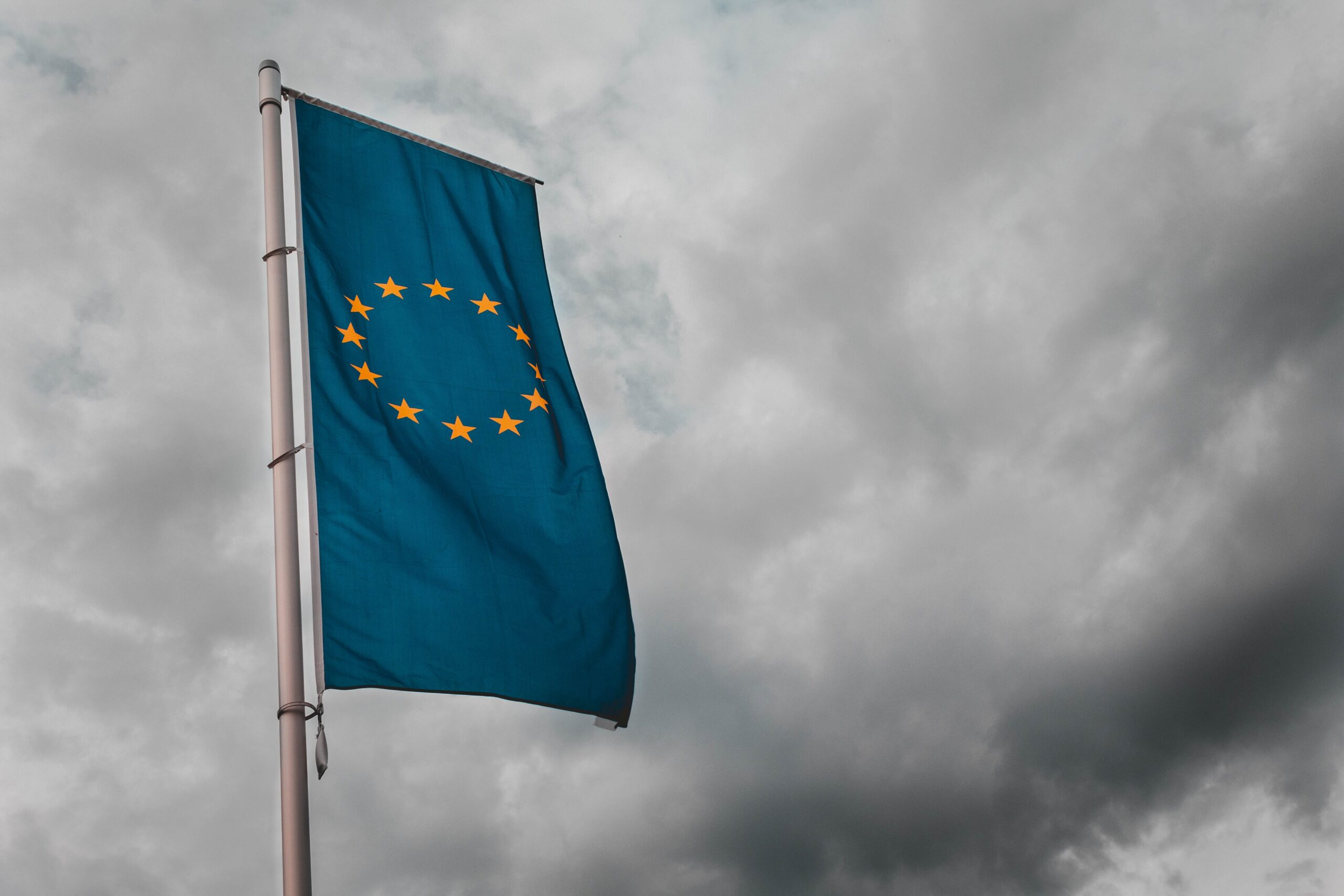
The European Commission has referred six Member States (Bulgaria, Denmark, Finland, Latvia, Poland and Portugal) to the Court of Justice of the European Union (CJEU) for failure to notify complete transposition measures on copyright in the Digital Single Market (Directive (EU) 2019/790) (CDSM Directive).
This follows its decision last year to send reasoned opinions to 13 Member States (Belgium, Bulgaria, Cyprus, Denmark, Greece, France, Latvia, Poland, Portugal, Slovenia, Slovakia, Finland and Sweden) for failure to notify the Commission of transposition measures in relation to the CDSM Directive.
The CDSM Directive was published in May 2019 (see here and here for an overview), following a controversial legislative process at EU level. The Directive entered into force in June 2019 and had to be transposed by Member States by 7 June 2021. National implementation has also proved to be a contentious process, with very few Member States meeting this deadline. In addition, an action for annulment under Art. 263 TFEU was filed by the Polish Government in relation to aspects of Article 17 of the CDSM Directive. Detailed information on the implementation process in the Member States can be found on CREATe’s resource page.
In addition, the Commission has referred Bulgaria, Finland, Latvia, Poland and Portugal to the CJEU for failure to transpose another EU Directive on copyright and related rights applicable to certain online transmissions (EU Directive 2019/789).
In addition to powers to refer the Member States to the CJEU, under Article 260(3) of the Treaty on the Functioning of the EU (TFEU), the Commission can call on the Court of Justice of the EU to impose financial sanctions on Member States that fail to fulfil their obligation to notify measures transposing a legislative directive.
________________________
To make sure you do not miss out on regular updates from the Kluwer Copyright Blog, please subscribe here.


